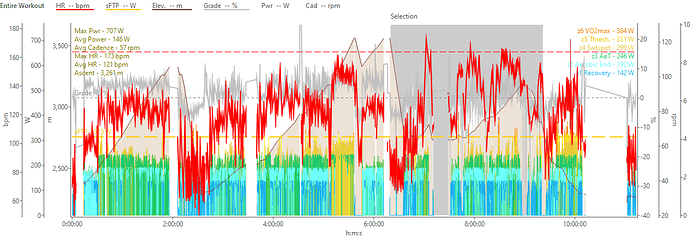After listening to episode 259 “Carbohydrates: The good, the bad, and the ugly” with Dr. Jeukendrup and episode 272 “Is there a place for low-carbohydrate diets?” with Dr. Larsen, I still have a question, or maybe it’s a series of questions.
My personal cycling context is one that I think not uncommon for listeners of your podcast: I am in my 50s. I am a recreational cyclist who trains to get faster, sure, but I want to balance my cycling training with overall good healthy habits and a lifestyle that will lead to wellness, longevity, and the ability for me to cycle and do everything else that I love for decades to come. In sum, I wouldn’t want anything from my cycling to negatively impact my health or wellness.
Which brings me to my question about nutrition, specifically, carbohydrate intake. On both of these episodes, there were references to studies that show that people – athletes included – who eat a diet high in carbohydrates (particularly simple sugars) are much more likely to wind up with negative long-term health outcomes like Type II diabetes and cardiovascular problems. To me, this evidence seems to point to a diet including significant simple carbs, meaning eating them in substantial quantities with and between meals. Yes, I understand that the evidence is incontrovertible that no one in my situation would benefit from eating tons of carbs day in and day out because they thought it was needed to maximize their cycling fitness. I get that.
What I am less sure of is whether there is evidence of negative health outcomes for people who eat a healthful, mostly-whole-foods, low-simple-carbohydrate diet but also do fuel long and/or intense cycling sessions with simple carbs (gels, blocks, etc.) and sometimes also consume simple carbs in the form of recover shakes after a long workout. (After listening to ep.# 272, I now understand that it is possible to get good cycling outcomes without fueling with simple carbs, but that in itself does not mean that fueling with simple carbs is unhealthy.)
In other words, if I fuel my life with whole foods but fuel my rides and recoveries with simple sugars, am I still jeopardizing my long-term health?
I am sure the answer is one form or another of “it depends” (or perhaps “it depends on who you ask”) but I am also sure there must be something of a general answer in there that could be helpful. Thanks,
John Hintz
Bloomsburg, PA (come ride UnPAved 2023, the most fun you’ll have on small rocks)

